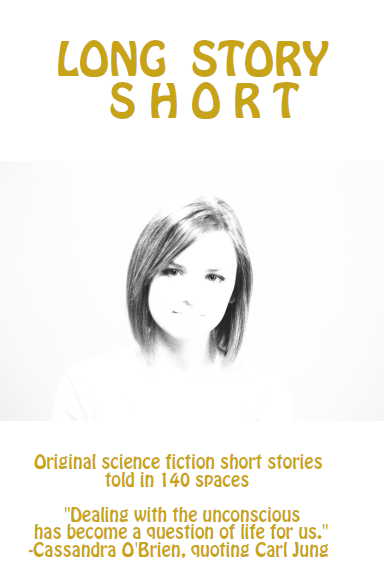From the November 2011 issue of Locus Magazine
When someone attains the reputation and level of notoriety in fandom that Cory Doctorow has, they tend to inspire an assumption of credibility when they speak. Assuming that when such a person speaks, it is on a subject they are knowledgeable about. Such an assumption is innately dangerous, in that it could belay a critical evaluation of what they are saying. It baffles and annoys me when I see artists promoting audience or market convenience over and at the expense of artist compensation, ownership rights and the value of creation/creativity.
Here, I’m challenging a few statements (and their implications) Doctorow made in that article.
*And as we make the transition from a world where everything we do includes an online component to a world where everything we do requires an online component, it’s becoming the case that there’s no such thing as ‘‘Internet policy’’ – there’s just policy.
I resist and resent the general a priori assumption that “we must inevitably or necessarily live in a world where everything we do requires an online component” is a foregone conclusion. I oppose the common insistence of culturally or economically forcing/ expecting everyone to be online and live their lives through digital devices. Contrary to common assumption: not everyone lives, or wants to live, that way. Also, I propose that asserting no distinction between online and off-line life—inextricably linking digital and analog-- is detrimental folly and ignorance. The Internet is no more the real world than a book or screw driver.
*when we ‘‘solve’’ copyright problems at the expense of the Internet, we solve them at the expense of 21st-century society as a whole
Or maybe, when we “solve” Internet problems at the expense of copyright, we solve them at the expense of artistic creativity AND 21st-century society as a whole. I’m not against so-called piracy, because essentially there is no such thing—there is data sharing. I AM, however, mightily against not supporting artists and creators. What I oppose is an attitude that condones disregard and disrespect for the rights of artists to be properly compensated for their efforts. If you like what an artist makes, then you should have the decency to (want to) thank them by paying them. A point which often seems to get lost in the debate and defense of copyright against piracy. This is the same attitude that makes way too many employers think it is fair and reasonable to pay writers nearly nothing—and in many cases exactly nothing—for writing. There is much more to writing than putting words on a page, or merely the page itself.
*For so long as we go on focusing this debate on artists, creativity, and audiences – instead of free speech, privacy, and fairness – we’ll keep making the future of society as a whole subservient to the present-day business woes of one industry.
The concerns of free speech, privacy, and fairness AND concerns of artists, creativity, and audiences are not mutually exclusive, and are actually intricately connected. In a commercialized and Internet structured society which commonly mistakes or equates the worth of art and creativity with (devaluing) dollar value, we really shouldn’t be increasing or fostering ways to undermine and diminish artistic initiative in a commercial framework. By assuming artistic creativity should be given away, should cost nothing—that artists do not deserve to be compensated—says that you don’t really value artists or their art.
Instead, we need to be encouraging the mentality that art is more than its format. Audiences/ consumers are being conditioned to think they are just paying for a digital file— but they are paying for the content of a creation and artist labor.
Subscribe to:
Post Comments (Atom)





















No comments:
Post a Comment